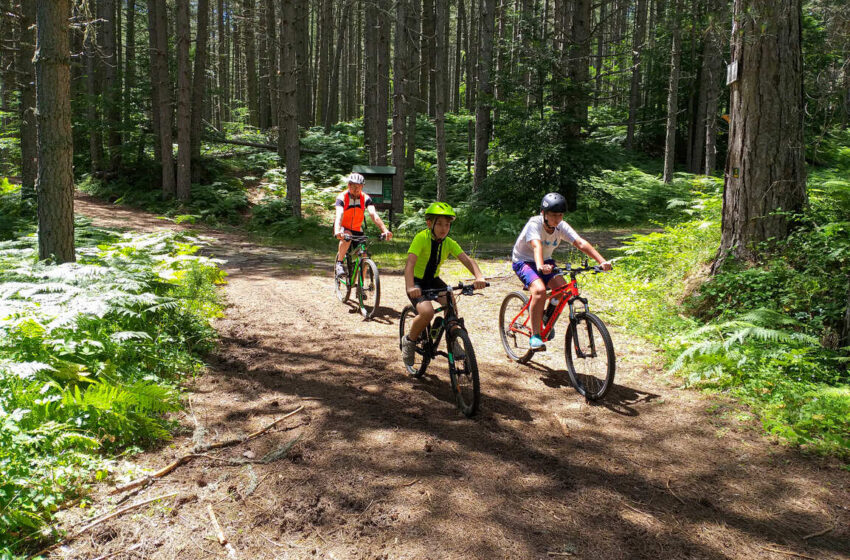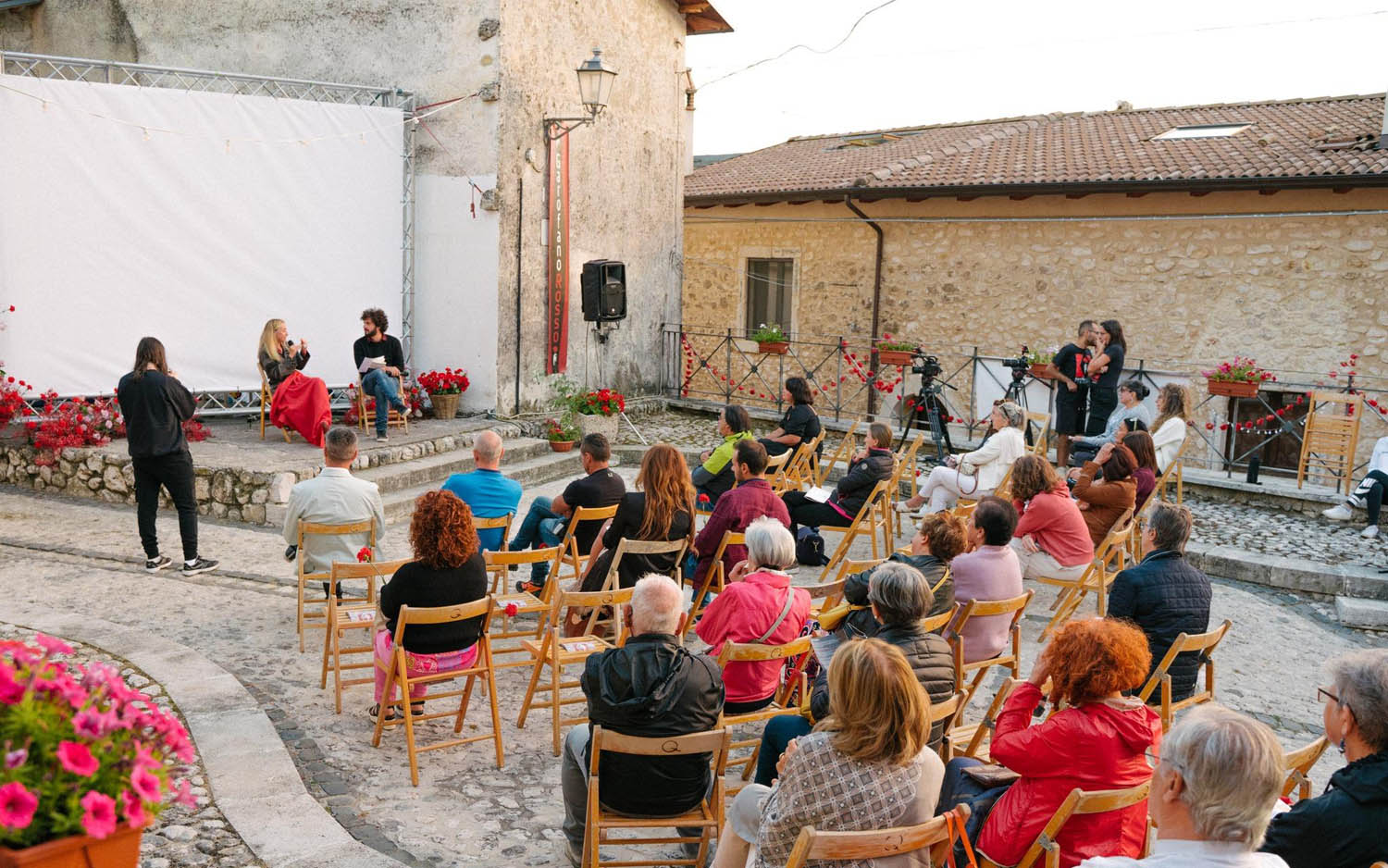
The Boom of Agritourism Businesses in Italy and the Success of Green Holidays
“Upon seeing that sight, I rejoiced, and sitting down on a plow nearby, I delightedly sketched the little group of siblings. I added the nearby hedge, a barn door, and some broken wheels, everything as it was, one thing by chance next to another, and after an hour, I found myself having completed a well-ordered and very interesting drawing, without having added anything of my own. This strengthened my resolve to adhere exclusively to nature in the future. It alone is infinitely rich, and it alone forms the great artist.”
With this declaration of intent, Wolfgang Goethe, in his masterpiece “The Sorrows of Young Werther,” reiterated the fundamental importance of reconciling with Nature for each individual, especially for the artist in search of their most authentic vein. But if the lesson of the great German, reflecting the wisdom of the ancients for whom contact with nature alone would make individuals better, has continued in subsequent centuries to find confirmation in the most sensitive souls, of artists and writers but also of ascetics and philosophers, today we know thanks to scientific research that greenery is truly beneficial to health. Experts tell us that in megacities, where nowadays more than 50% of the human race lives, individuals are perpetually under stress due to environmental conditions.
From investigations conducted in recent years on large samples of the world population, it has emerged that vegetation, even just a view of a park from home, has a beneficial effect on our health. Greenery helps prevent most diseases, from cardiovascular to respiratory, from simple headaches to gastrointestinal disorders, especially protecting us from anxiety and depression. Immersing ourselves in nature allows us to recover from stress and fatigue generated by the excessive stimulation of all our senses, typical of cities. Living in green surroundings, according to other studies conducted in the USA, would make individuals less angry and aggressive, transforming relationships by promoting greater openness, sociability, and generosity. Walking through forests and countryside trails normalizes our physiological parameters, reducing stress hormone levels in the blood. According to experimental psychology, there would even be a particular predilection of our eye for certain forms of plant species that would favor the regeneration of psycho-emotional resources, alleviating the pressure exerted by the rhythms of modern life on the prefrontal cortex of the brain.
Living in nature is possible, of course, but not everyone wants it or can afford it, hence the importance of a choice that has increasingly imposed itself in the tourism sector, agritourism vacations. One of the most popular options, even in the short breaks that followed the two horrendous years of the pandemic, is the result of the encounter between the need to dedicate oneself, even for a simple weekend, to a regenerating bath in nature, and at the same time (looking at the wallet and the environment) to favor a hospitality and catering more attentive to the territory, economical, sustainable, and human-sized, where one can rediscover the treasures of tradition and make peace with oneself, perhaps simply enjoying the view of the greenery in the shade of a leafy tree, immersed in the scents and sounds of a world from which we come and without which we would be nothing

Giornalista italiano con oltre 40 anni di esperienza nel mondo dei media.
Leggi in:
![]() Italiano
Italiano









